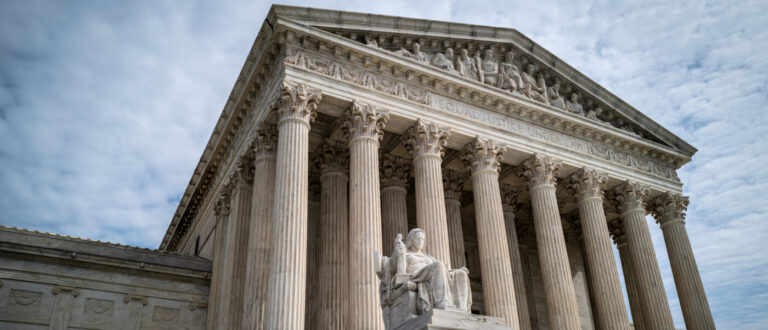The Reproductive Health Task Force is undertaking a speaker series that will engage in discussions on various aspects of reproductive health.
Members of the Case Western Reserve University community are invited to join a panel of experts as they explore how the Dobbs decision impacts our workplaces, including universities. This session, titled “Responding to the Dobbs Decision: The Stakes for our Workplaces, including Universities,” will be held Wednesday, Nov. 30, from 4 to 5 p.m. in Tinkham Veale University Center, Ballroom A.
As sociologist Bill Bishop documented in The Big Sort, Americans increasingly choose where to live and work based on the political and cultural affinity they feel toward particular localities and firms. The result has been an evolution of communities and firms that are increasingly homogeneous in their political ideologies and cultural attitudes, and increasingly hostile toward competing perspectives.
By re-igniting the debate over abortion rights and ceding authority to state legislators, the Dobbs decision has enlarged the space for political ideology to drive decisions of where to live and work. Firms will be pressed by their employees to take stands on the issue, both in the political arena and in their human resource policies. The same will undoubtedly be true of universities.
Professors David Clingingsmith and Mark Votruba, associate professors of economics at Weatherhead School of Management, will lead a discussion of these issues and probe the implications of the Dobbs decision for universities like Case Western Reserve University.
Provost and Executive Vice President Ben Vinson III will make welcome remarks and closing reflections.
Light refreshments will be provided. Register to attend this event.

